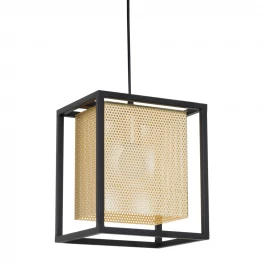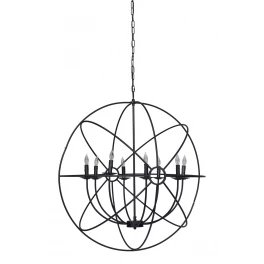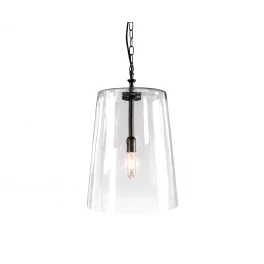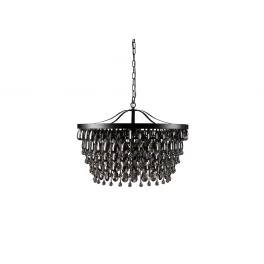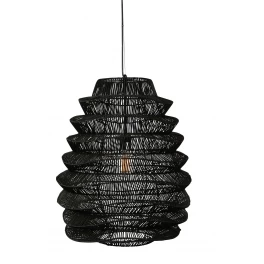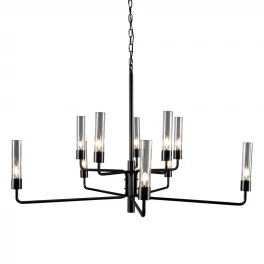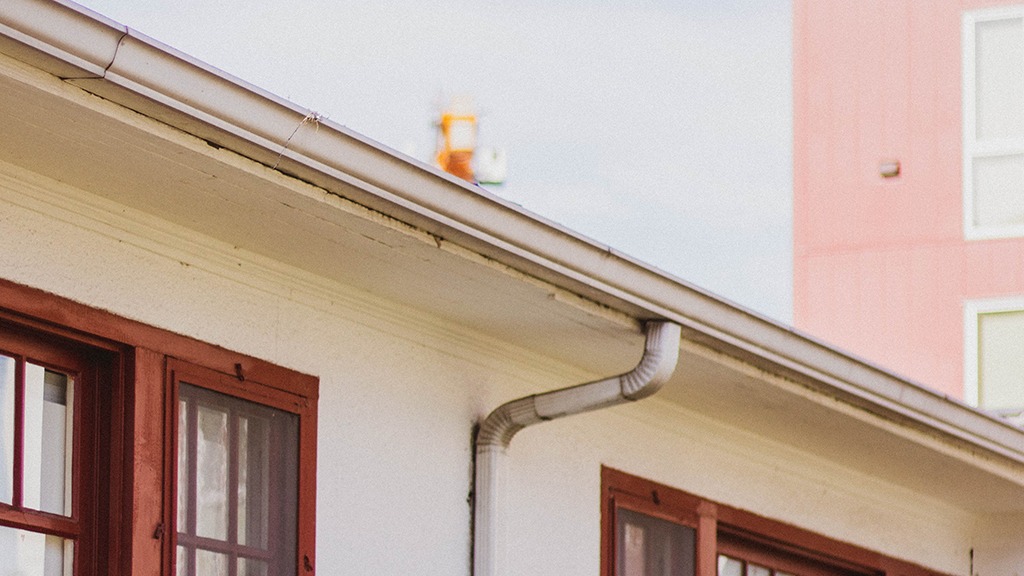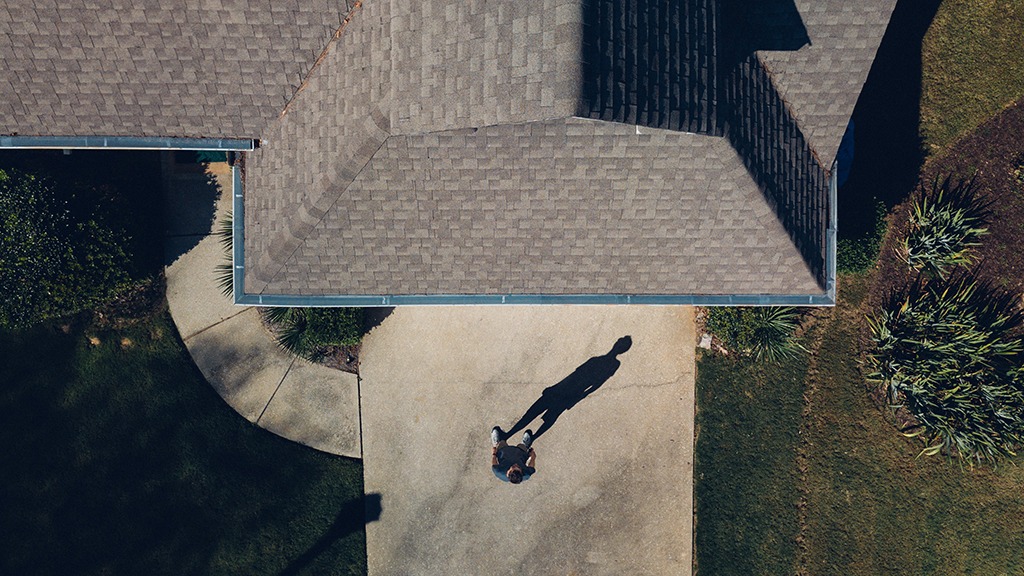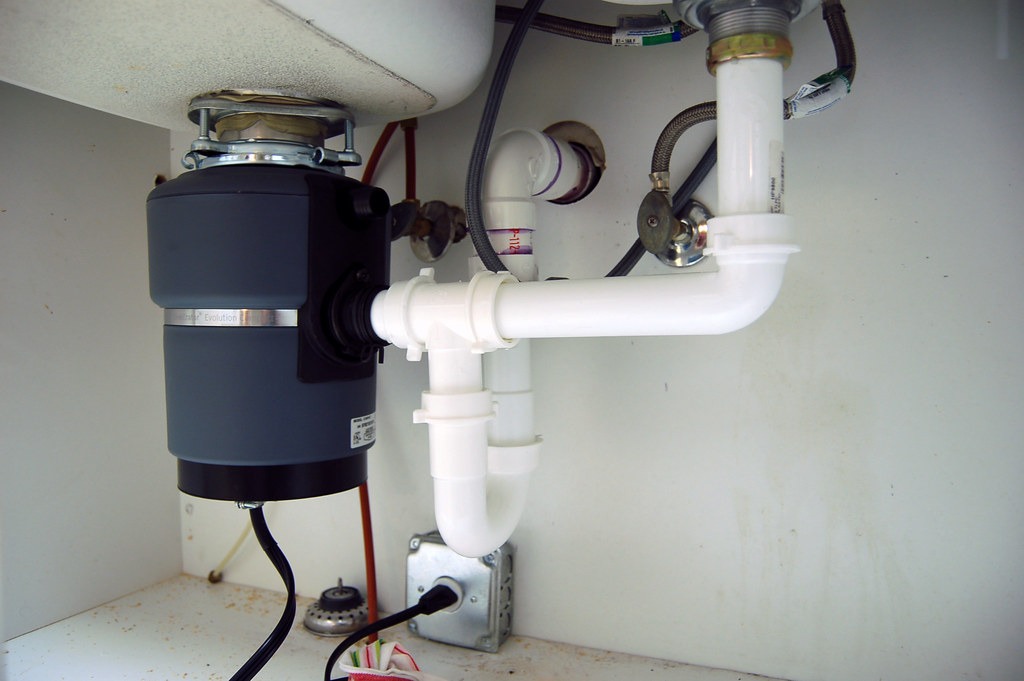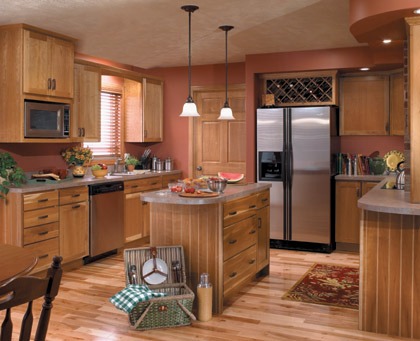Generators are not only convenient, but they’re also crucial during emergency situations. Even the most unlikely circumstances can arise for homeowners without a backup generator and can become quite conducive when those issues don’t occur too often. Whether it’s lighting, refrigeration, or insulation, the reason why homeowners purchase and install generators is to ensure no loss of food, warmth, or power.
| Average Range | $6000-$20000 |
| Low-End | $900 |
| High-End | $25000 |
The average estimate that applies to the installation of a backup generator will probably be about $6000 to $20000. The lowest amount of money you can spend on a generator will come from portable generators that will cost homeowners about $900. The highest amount that a homeowner might spend is $25000, and the estimate will probably come from a generator meant to power larger homes that might require a large capacity for energy. Keep in mind that generator installations, both portable and whole house, should be handled by a professional.
Table of Contents
- How Much Does It Cost To Install A Whole House Generator?
- Backup Generator Cost By Capacity
- Generator Size Factors
- Generator Cost By Fuel Source
- Generator Cost By Start Type
- Generator Installation & Costs
- Factors To Consider Before Installing A Generator
- Generator Rental Costs
- Generator Maintenance Costs
- Finding Multiple Estimates Through House Tipster
How Much Does It Cost To Install A Whole House Generator?
There are many different types of generators with varied capacities, but the two choices you’ll have to consider are the standby generators and the portable generators. There are different needs and demands for making either of these considerations. And to ensure that your choice is essentially the right one, you should think about what kind of advantages and disadvantages both the standby and the portable generators will offer your home.
Portable Generator Cost
A portable generator is going to cost homeowners an average between $200 to $6000. Although they are available in several different sizes and shapes, the portable generator is the most convenient appliance to power up small areas within the home. There are portable generators that are larger and can actually power up the majority of your space, however, you need to remember that the portable generators will require gasoline or diesel.
Installing a portable generator will provide homeowners with an expectancy of 2000 to 5000 hours, requiring about 12 to 20 gallons of either gasoline or diesel every day. The advantages to installing a portable generator is the low cost and will offer homeowners an alternative power supply for light fixtures and any essential appliances. Portable generators are also great for moving the equipment easily and efficiently, also giving homeowners the ability to camp outdoors.
Most units require a manual start and will probably be connected to the property through an extension cord. Homeowners must be wary about the importance of the fuel gauge. Make sure to check how much fuel you need and refill the tank.
Stand By Generator Cost
Also referred to as the whole house generator, the standby generator will cost homeowners a range between $2000 to $25000. Depending on the quality and capacity you want in your home, there are different units that you can choose from. One of the best advantages that the standby generators provide is how they’re integrated into your home. Typically, the generators are installed on a pad and will be set up with a more permanent and secure location.
Homeowners that install the standby generator will have the fortune of keeping the unit for 10000 to 30000 hours, spending about $50 to $150 per day for the required fuel sources. Requiring about 20 to 75 gallons of either liquid propane or 3000 to 8000 cubic feet of natural gas on a daily basis, depending on which fuel source the homeowner is using for the generator. The standby generator also has the prowess of powering an entire house while producing less noise than a portable generator.
Although you may require a high-end model for your standby generator, you’ll have an automatic contingency if the grid in your area is disconnected. The generator will automatically turn on and help you create an alternate source of power that you can count on in case of emergencies. The major difference between the two sources is the fuel source. A standby generator can be fueled with propane or natural gas and will likely require a continuous source. Depending on the model, consult with a professional to connect a gas line directly to your generator.
Typically, due to the reasons mentioned above, both the portable and the standby generators are set up within the outdoor vicinities of the home.
Backup Generator Cost By Capacity
Since they all come in various sizes, homeowners need to think about the kinds of power they want generated into their properties. Typically, the portable generator is smaller than your average standby generator and will not be designed to power the entirety of your living spaces. Primarily, the capacity of your portable generator will likely be available from under two kilowatts, but you’ll probably need five kilowatts to power a fraction of your home.
| 5kW-6kW | $600-$2000 |
| 7kW-12kW | $800-$4000 |
| 13kW-16kW | $3500-$5000 |
| 17kW-21kW | $4500-$7000 |
| 22kW-25kW | $6000-$10000 |
| 30kW-38kW | $10000-$20000 |
Generator Size Factors
Like anything in life, generators will vary in different ways, especially, in sizing. Depending on your home’s daily usage of power, you’ll have to centralize your search for a generator through that understanding. Typically, an installation team will come and examine your home to see which model best fits your needs. With this examination, homeowners will procure the knowledge of which system the home is currently using, if there’s a well pump installed, what the light count is, what kind of source is being used for your hot water heater, and how large your appliances are.
Each of these factors will affect the model and size you require for your home. By determining the overall energy consumption, you and your installation team will have a better understanding of which appliances and utilities use the most energy and how much of the energy you’ll need. The generators will also be labeled with the capacity and output that will be charging your homes. Homeowners should keep in mind that there are different energy limits with different electrical operations.
Generator Cost By Fuel Source
As mentioned before, the available supplies will typically include natural gas, and propane. The portable generators will likely be fueled either by gasoline or diesel. With either case, homeowners will require either a continuous supply or a quantifiable supply, depending on the model or unit they’re trying to purchase and install.
| Gasoline | $250-$4500 |
| Propane | $250-$20000 |
| Diesel | $500-$6700 |
| Solar | $500-$20000 |
| Natural Gas | $900-$20000 |
Typically, homeowners choose a generator, depending on the cost of the generator itself and the cost of the fuel source. By having the installer inform you of what capacities your home requires, you can determine how much of the fuel source you might need throughout the year. This can also apply with continuous fuel supplies as well.
Gasoline
Typically, the gasoline powered generator will cost an average of $250 to $4500 and are generally available as portable types. Homeowners will need to store their gasoline. The diversity in size and capacity are not the only factors that matter in gasoline powered generators, but also in the process of the usage. Due to the expenditure spent on gasoline, the gasoline powered generator is usually overlooked, however, the convenience of the portable generator is typically the driving factor into purchasing and installing it.
Propane
The convenience of owning and installing a propane powered generator is the versatility it offers to homeowners. Propane sources are available in both standby and portable type generators. Luckily, propane is available for purchase and can be stored indefinitely. Gasoline has an expectancy to last for three to six months, while diesel has an expectancy to last for about a year. The average of purchasing and installing a propane powered generator will range between $250 to $20000.
Diesel
The diesel generator will cost homeowners about $500 to $6700. Unlike gas-powered generators, the diesel generator is available for both portable and standby types and it will require diesel instead of gasoline. The unfortunate factor of the diesel generator is that there isn’t as much availability of diesel fuel compared to gasoline. Fuel supplies will have to be accounted for by the capacity and runtime of the generator itself in accordance with how portable generators operate. Keep in mind that diesel should not be stored indoors.
Solar
A solar powered generator will cost an estimated range between $500 to $20000, depending on the unit you’re trying to install. The major difference with solar-powered generators is that they run on batteries, rather than a liquid alternative. As part of the package for installing solar-sourced generators, the installation will include panels and batteries that will work in tandem to keep your home’s electricity running.
Homeowners should keep in mind that solar energy will require a bright and sunny day to charge the batteries. What is great about the batteries is that they can be charged and stored for as long as you need them. However, the expectancy might vary, depending on the brand and model you decide to install. A much safer option than the ones listed in this section, the solar batteries will have a duration of days or even weeks of power for your home. Remember, homeowners will also have the benefit of keeping a source of energy at their disposal without having to spend an additional amount of money, when deriving their source of energy through solar.
Natural Gas
Unlike the other sources of energy listed above, natural gas is generally an inherent addition to the home. This means that if you’re looking for a continuous, consistent supply of energy for your generator, natural gas might be the way to go. Costing about $900 to $20000, the natural gas generator will come in either standby or portable types. Solar and natural gas-powered generators are rather low-maintenance since they don’t require a consistent supply of fuel. However, in contrast, natural gas will seem even more convenient thanks to the little care it requires. This is compared to the amount of work and maintenance that might go into keeping the condition of the solar panels.
Generator Cost By Start Type
Your generator can also be distinguished by the start type: manual or automatic. The manual start will probably cost about $500 to $2000, while the automatic start will cost around $2000 to $30000. The difference between the two start types is the automation. When your home’s electricity isn’t working, an automatic generator will detect the disruption of the power and turn the generator on to flow the power back through your property. The manual type will require manual operations.
Manual Start Type
Like the name implies, the manual start type will have an extension cord and a few buttons to activate the machinery. Although there are some models that will be rather taxing to set up, the manual portable generator is the optimal solution for homeowners that want a less costly option.
Automatic Start Type
An automatic generator will probably be available as standby options. Technically, the automatic start is always active and will run for a duration of ten minutes every week for maintenance checks. Since these generators are permanently installed into the home’s electrical system, they’ll be able to detect the decrease in power. This will start up the generator, and will only halt operations if the generator is no longer required. Fortunately, since automatic generators have a manual override, homeowners can essentially turn the generator off at night or when the situation arises.
Generator Installation & Costs
Other than the generators, the installation might range between $5000 to $11000, depending on the complexity of the setup. The average range that homeowners will often spend, however, is about $5000 to $6000. The generator is often installed right atop a pad composed of either concrete or gravel and will likely be located near the electrical panel.
The installation process will likely include a wiring job between the home’s panel and the generator with a transfer switch included into the system.
-
Pad: Acts as a safety location for the generator
-
Transfer Switch: Acts as a sensory to interrupt electrical flow, turning system on or off
| Bed Installation | $500-$1000 |
| Piping Installation | $1000-$1500 |
| Wiring Setup | $1000-$2000 |
| Transfer Switch Installation | $1800-$2800 |
Installation Cost For Generator
Homeowners that want to install a standby generator will have to spend a range between $10000 and $20000, which will include the material and labor costs. Included with the installation are different services like the delivery, setting up the unit, and hooking the unit to the fuel supply and the electrical panel. The majority of such an endeavor will be done outdoors, while the installation for the transfer switch will be conducted indoors. Homeowners should remind themselves that a portion of their drywall will likely need to be removed for the installation of the transfer switch.
Installation Cost For Transfer Switch
Typically, an installation that involves the transfer switch will cost approximately $2700 to $3700. The components of the cost will often come from the transfer switch itself, the wiring, and the labor associated with the installation. Either with or without professional assistance, homeowners will require spackle and tape to conceal the transfer switch through the drywall. Marking the area will make it easier for future issues or maintenance concerns.
Installation Cost For Generator Interlock
A generator interlock acts as the connection between the electrical panel and the portable generator. To install the interlock, homeowners will be expected to spend about $400 to $850. Essentially, an interlock removes any direct connection that could lead to increased risks. The interlock covers the electrical panel’s main cutoff switch, ensuring that the generator runs without any complications from the cutoff.
Factors To Consider Before Installing A Generator
Before any arrangements can be made, homeowners should remember:
-
Generators are required to be installed outdoors within a minimum of five feet in distance from any doors, windows, vents, and flammable materials
-
Generators will require regular maintenance checks
-
Generators can produce about 60 to 70 decibels from a distance of 25 feet, homeowners should check their local municipality code about noise levels to determine whether the generator can be installed
The generator needs to be met with the correct local standards and homeowners need to make sure to consult with the professionals they hire to ensure that the generator is properly installed.
Generator Rental Costs
Rather than purchasing and installing your own generator, you can always decide to rent one instead. The cost range for renting the generator is $40 to $110 per individual day. However, this estimate comes without fuel, which would also be determined by the capacity and output. Essentially, if your home is dealing with a power failure, you can contact a rental service and have a generator towed in, which will cost you about $300 to $1000 per week.
| 1-2.5 kW | $40-$55 |
| 3-4 kW | $50-$65 |
| 5-7 kW | $70-$90 |
| 8-10 kW | $80-$110 |
| 100-300 kW | $300-$500 per week |
| 500 or more kW | $700-$1100 per week |
If your home requires a capacity higher than 100 kilowatts, you’re going to need to spend about $300 to $1100. Essentially, the process of renting a generator will entail a survey of the site, the delivery, the installation, the fueling, and the removal once the generator is no longer needed. You can consult with the rental service about how much power you need to fuel your generator and power your property.
Generator Maintenance Costs
By design, the generator is made to run every few minutes every week for a diagnosis period. Within the time frame, the generator will run a self-diagnostics check to notify homeowners of any potential errors that could be troubling in the long-run. If there are any issues that you may encounter, there are professionals that can help you with servicing the generator or you can have it sent to the professional listing for regular maintenance updates.
Although your generator is more than likely to alert you if there are any troubleshooting issues, a technician will probably be required once you detect the red flags. Typically, each generator has its own standby light that changes colors when an error is found. Often, once you purchase and install your generator, you have the option of retaining the services of a professional either through a contract or through a simple service call. On average, these services will cost you about $200 to $650 per year, depending on the model and the amount of times the professional comes to service your generator.
The repairs will likely include changing the oil, cleaning any rusted or poorly conditioned parts, and replacing any obsolete or faulty components. Keep in mind that each of these services will help you in the long run. Before you think about purchasing and installing a standby generator, remember that the costs of maintaining the generator should be included with your consideration.
Generator Add-On Costs
Typically, homeowners that reside in northern states will want to purchase and install a cold-weather kit which will range between $130 to $500. This kit is provided to make sure that the generator is well-conditioned to resist the cold or any extreme temperatures that might affect the status of the machinery. There are other add-ons that you may want to include, depending on the necessities or conveniences you want to include with your generator.
Besides the kit that protects your generator from any freezing conditions, homeowners can also purchase and install a generator battery, a wireless monitor, a smart load manager, or a fascia kit. Each of these add-ons will have different purposes and costs associated with them.
| Fascia Kit | $65-$130 |
| Generator Battery | $70-$300 |
| Smart Load Manager | $130-$250 |
| Cold-Weather Kit | $130-$500 |
| Wireless Monitor | $200-$210 |
The fascia kit is designed to ensure protection against any vermin or pests. It is installed underneath the generator, at its base, wrapping around the bottom of the air-cooled generator. Generator batteries are the contingency to start the generator whenever your home is experiencing a power outage. It is what automates the process. The smart load manager is a device that provides smaller generators a boost, transferring power to more appliances and balancing the electric supply. The wireless monitor helps homeowners with observing the status of the generator without having to leave their homes.
Finding Multiple Estimates Through House Tipster
A project that involves the installation of any generator will require a set of professional hands. Homeowners will feel a sense of relief after finding a professional that they feel comfortable with installing their necessary generators and other required equipment. By using House Tipster, you’ll be able to find any professional for the project that you have in mind.
There are many reasons as to why you should consider using House Tipster, mainly the two functions that make the professional searching process that much easier. Our users can either use the chat function or the reviews function to find a professional of their choosing. The chat function allows our users to directly correspond with the businesses in our listings about estimates and inquiries.
With the chat function, you’re free to do whatever you want during the day while you send and receive messages about what your project will entail and about the costs that might be incurred. The reviews function enables users to check through different reviews and confirm whether the professional meets the user’s standards. By using both features, House Tipster can help you find trade professionals near your area.
Featured Photo By Form PxHere




